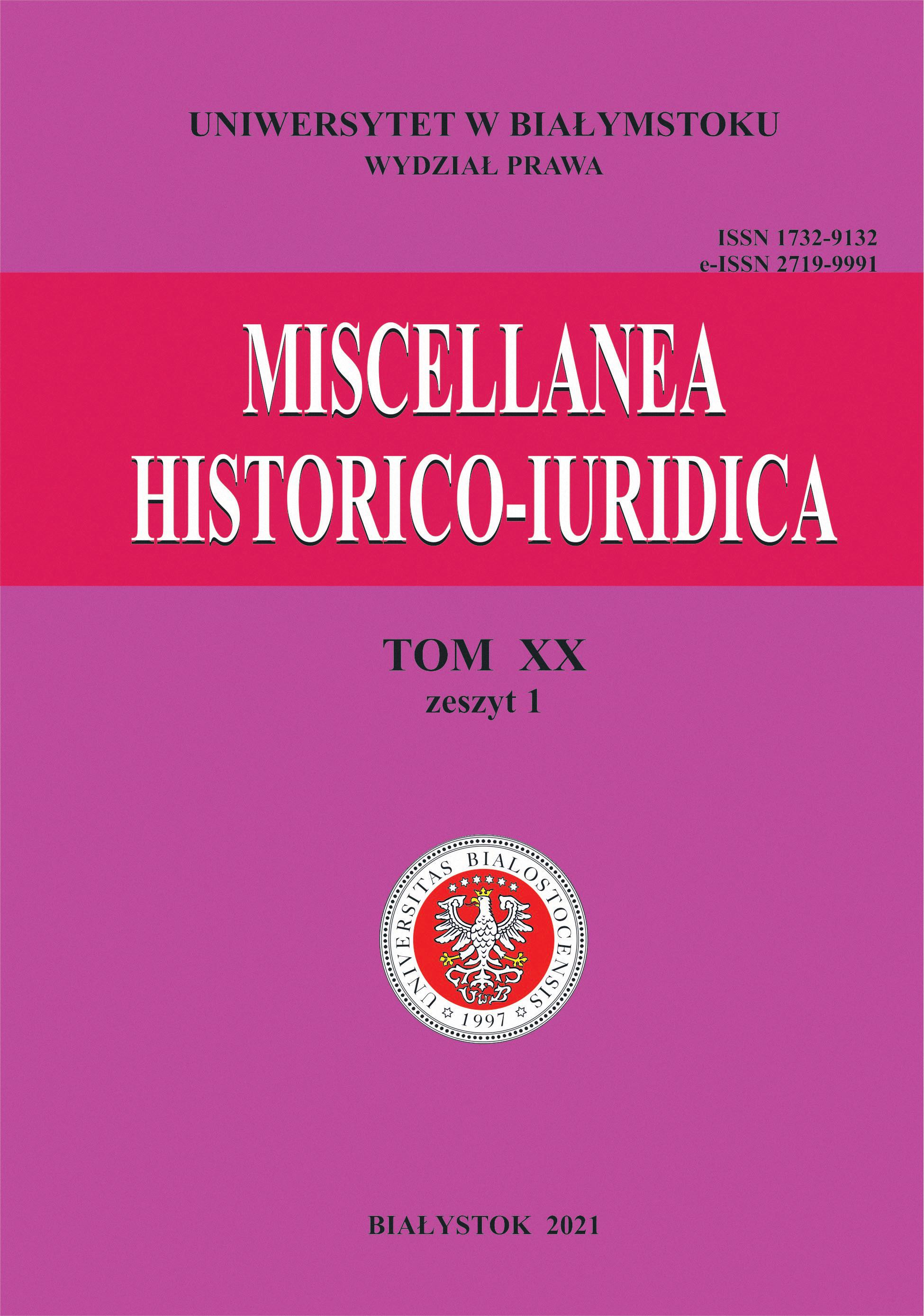Ochrona interesów publicznych w Rozporządzeniu Rzym I w kontekście zróżnicowania standardów pracowniczych w UE
Protection of Public Interests in the Rome I Regulation in the Context of the Diversity of Employee Standards in the EU
Author(s): Barbara SurdykowskaSubject(s): Law, Constitution, Jurisprudence, Labour and Social Security Law
Published by: Wydawnictwo Uniwersytetu w Białymstoku
Keywords: posted worker; overriding mandatory provisions; changes in the labor market; public interest
Summary/Abstract: The paper refers to the concept of public interest contained in Art. 9 of the Rome I Regulation. The author argues that in the light of the processes taking place on the labor market (such as the digitization of the labor market and employment via platforms) and problems with defining the scope of the directive on posted workers in the context of drivers of international transport, courts may treat national regulations in the field of labor law as overriding mandatory provisions. The main goal of the paper is to draw attention to the need to increase the interest in the doctrine of labor law in the sphere of the potential application of Art. 9 Rome I. With regard to employment issues, a question arises regarding the minimum wage applicable in a given country in conjunction with the issue of the freedom to provide services. The European Court of Justice referred to the issue of ensuring fair remuneration of employees as an important element of the “overriding general interest” justifying the restriction of the freedom to provide services. In the deliberations in the Mazzoleni judgment, the ECJ also emphasized that the application of the minimum wage of the country in which the service is performed may be a disproportionate burden, especially in a situation where the enterprise providing the services is located in the border territory and the work performed in the host country is temporary, short and part-time. An interesting issue is the “translation” of the considerations contained in the aforementioned judgment into the emerging employment through internet platforms. Some background for the above considerations is the fact that in the literature of private international law, among the overriding mandatory provisions, the most frequently indicated are anti-monopoly provisions, in the field of foreign exchange law, regarding the prohibition of import or export of certain goods, but this is also important from the point of view of the paper, more and more often regulations based on a private-law method of regulation. The paper also includes considerations regarding the concept of “public interest”.
Journal: Miscellanea Historico-Iuridica
- Issue Year: 20/2021
- Issue No: 1
- Page Range: 305-322
- Page Count: 18
- Language: Polish

